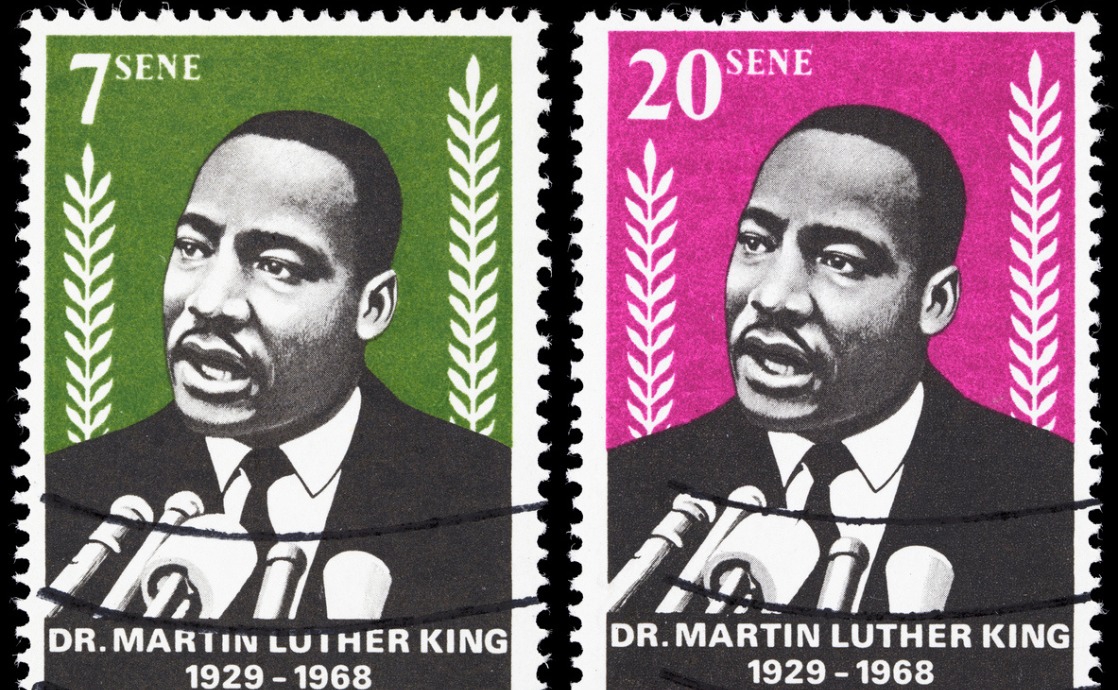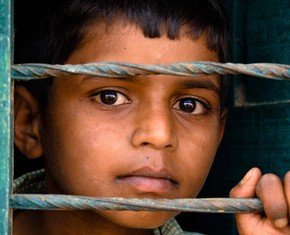The views expressed in our content reflect individual perspectives and do not represent the authoritative views of the Baha'i Faith.
The depth of racial reckoning taking place today, which has stirred the conscience of citizens everywhere, has created a historic opportunity for meaningful change.
However, the massive societal change required must be informed by an overarching principle, otherwise there can be no genuine revolution of values and no real and lasting change.
In his 1967 sermon at New York’s Riverside Church – well worth the time to look up and read – Dr. Martin Luther King Jr. said:
Every nation must develop an overriding loyalty to mankind as a whole in order to preserve the best in their individual societies. This call for a worldwide fellowship that lifts neighborly concern beyond one’s tribe, race, class, and nation is in reality a call for an all-embracing and unconditional love for all mankind. This oft misinterpreted concept, has now become an absolute necessity for the survival of man.
RELATED: That Time Martin Luther King, Jr. Shocked the World
Dr. King’s oft-misinterpreted concept, the oneness of all humanity, provides the central principle round which all other genuine revolutions of values must take place.
This principle, the oneness of humanity, is the heart of Baha’i teachings.
Not until humanity has accepted its organic oneness can it meet its immediate challenges, let alone those that lie ahead, the Baha’i writings insist. In the 19th century Baha’u’llah, the prophet and founder of the Baha’i Faith, taught that “The well-being of mankind, its peace and security, are unattainable unless and until its unity is firmly established.”
These profound Baha’i teachings often found their way into Dr. King’s speeches and sermons. He was a visionary who knew how to build into his sermons messages that both inspired and warned. Compelled by an ever-growing sense of his own impending doom, and the doom of his country, at Riverside King decided to make explicit what he had implied previously: If America did not use her vast resources of wealth to end war and poverty and make it possible for all of God’s children to have the basic necessities of life, she will die. He warned:
True compassion is more than flinging a coin to a beggar. It is the recognition that an edifice that produces beggars needs restructuring. If a nation continues year after year to spend more money on military defense than on programs of social uplift it is approaching spiritual death.
King’s words, preached more than 50 years ago, remain sadly relevant in America today, where extremism is on the rise, racism and misogyny are increasingly mainstreamed, and power and wealth are sequestered by a tiny elite class while many at the bottom of society struggle to access what they need to survive.
King’s voice of prophetic fire condemned America and the world for failing to respect the dignity and worth of all human beings. For King’s dream to be realized, much of what America holds dear, including the lies we Americans value regarding our collective righteousness, must be committed to the flames, and a new world founded on justice and love must come into being.
RELATED: Does the Arc of the Moral Universe Really Bend Toward Justice?
The Baha’i teachings proclaim that we are living in an age of great transition, one destined to give birth to a new world founded on justice and love. In his 1941 book, The Promised Day is Come, Shoghi Effendi, the Guardian of the Baha’i Faith, gave this prophetic warning, which Dr. King essentially echoed a quarter-century later:
The ages of humanity’s infancy and childhood are past, never again to return, while the Great Age, the consummation of all ages, which must signalize the coming of age of the entire human race, is yet to come. A tempest, unprecedented in its violence, unpredictable in its course, catastrophic in its immediate effects, unimaginably glorious in its ultimate consequences, is at present sweeping the face of the earth. These great oppressions are preparing us for the advent of the Most Great Justice, the Justice upon which the structure of the Most Great Peace can alone rest.
In Baha’i terminology, the Most Great Peace is a universal and lasting peace in which discord and separation of the children of humankind will have given way to worldwide reconciliation and complete unification of the diverse elements that constitute human society.
Buoyed by the Creator’s promise of a glorious future, as embodied in the Baha’i teachings, we can each find ways to work for justice in our own circle of influence, secure in the knowledge that our efforts will hasten the transition to a just and peaceful new world.
















Comments
Sign in or create an account
Continue with Googleor